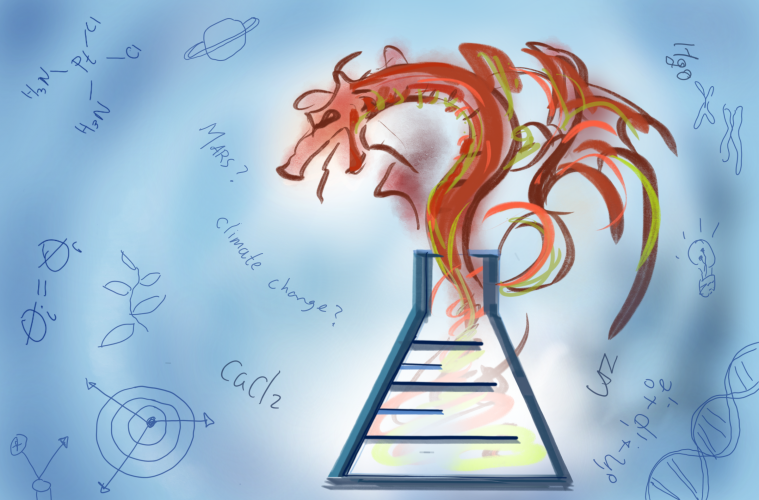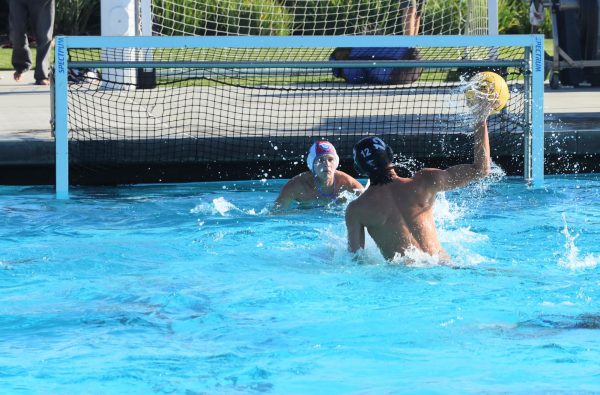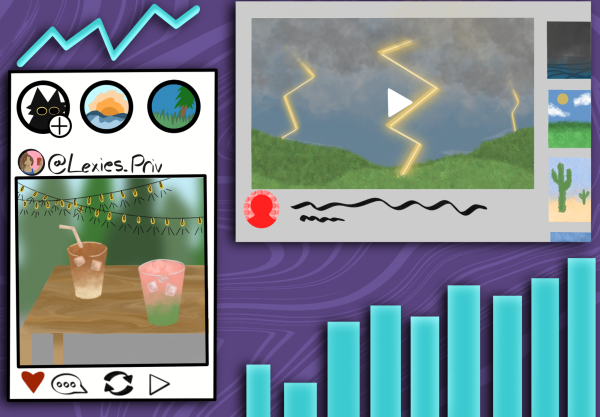The Science Hub: all about cats, update on Hayabusa2, UN aid to Yemen
February 27, 2019
Lil Bub’s rare genetics
Cats. Whether it is a sleepy kitten riding a bike in its sleep or adorable cat toe beans, there is no denying that they rule the internet. Their reign continues with the unique cat named Lil Bub. Lil Bub has a variety of abnormalities such as extra toes, short limbs, and a tongue that is frozen in place. Lil Bub’s uniqueness has made her lovable and also gathered support for geneticists to examine her.
This week, geneticists Darío Lupiáñes, Daniel Ibrahim, and Orsolya Symmons released their discoveries on bioRivix. They discovered that two mutations were the cause of her abnormalities: the Sonic hedgehog gene and a variation of TNFRSF11A. Sonic the Hedgehog is famously responsible for polydactyly in Hemingway cats; TNFRSF11A causes dense bones and short stature (osteoporosis).
Researching a cat’s abnormalities sounds like a dream Ph.D. project, but there is importance to these finding. These findings help geneticist to examine this type of genetic osteoporosis which was not examined beforehand. It can also help to discover a treatment and/or therapy tailored for cats with osteopetrosis.
-Jonathan Soriano
Follow up on Hayabusa2
On Thursday, Feb. 21, Hayabusa2, a Japanese spacecraft launched by JAXA, successfully landed on the Ryugu asteroid. With the successful landing, the spacecraft blasted a metal projectile into the asteroid and collected the debris that followed. Once completed, Hayabusa2 launched back into orbit around the asteroid. Two more similar landings are planned over the next few months.
In 2020, once Hayabusa2 returns to Earth, the samples that the spacecraft collected will be studied for clues about the early history of the solar system.
-Thomas Weldele
UN pledge to aid Yemen
At a United Nations conference, 2.6 billion dollars were pledged in humanitarian aid for Yemen. This 30 percent increase from last year is in response to the Saudi Arabian war in Yemen, involving the United Arab Emirates. Despite this initiation, this pledge will not be enough to restore Yemen.
The American-supported Saudi War in Yemen has resulted in 85,000 Yemeni children who died from starvation and another 14 million people who are on the brink of starvation. Cholera outbreaks have increased aggressively, affecting 1.2 million people. From the destroyed infrastructure to the lasting growth defects caused by malnutrition, Yemen will be impacted for generations.
-Rachel Chang















